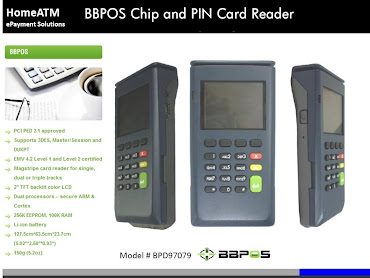Security Expert Calls For New Model For 'Demonetizing' Cybercrime, Botnets - DarkReading
Security Expert Calls For New Model For 'Demonetizing' Cybercrime, Botnets
Current approach focused on fighting attacks is not working, says SecureWorks' Joe Stewart
By Kelly Jackson Higgins | DarkReading
SAN FRANCISCO -- RSA CONFERENCE 2009 -- A top U.S. botnet expert has proposed a new approach to fighting cybercrime: Hit the bad guys where it hurts -- in their wallets -- by making online crime less lucrative and more risky to carry out.
Joe Stewart, director of malware research for SecureWorks, says the current approach, which includes knocking out botnet command and control and occasionally arresting the latest spam kingpin, just isn't a sustainable strategy. "These techniques don't work. We have too few resources, too much focus on the attack, and not so much on the attackers," he said in his presentation here on Thursday. "My proposal is to focus more on criminal groups than the attacks. We're not going to end cybercrime...I want to look at a different approach [at fighting it]."
Stewart's model goes after cybercriminals on three fronts -- technical, legal, and financial.
At the heart of the approach is a global Internet treaty that nations on the Net would sign, holding each other responsible for online abuse within their own borders.
That would mean a nation's CERT would get the authority to enforce penalties for those network operators that allow distributed denial-of-service (DDOS) attacks, spam, malware, or other hacking across their networks. This type of Internet abuse on an ongoing basis would result in the operator's being disconnected from the Net, according to Stewart's vision.
This would also require a global authority for Internet abuse, which would coordinate among the regional CERTS and special operations teams watching out for such abuse. The teams would be made up of experts in reverse engineering, linguistics, social engineering, and disinformation operations, for example. "It would not be limited to researchers," Stewart said. "It would be run in a covert way...you don't want your adversary knowing something [about the operation]."
The closest thing to such Internet authorities today is South Korea's CERT, which by law can order an ISP to take down a botnet command and control server, for instance, Stewart noted. "We need a global framework to get rid of safe havens for abuse," he said. But this global authority would be solely focused on DDOS attacks, spam, malware, and other attacks -- not civil issues or content. Other security researchers say the concept makes sense, but pulling it off wouldn't be easy.
"Trying to disincentivize [the attackers] is a new way of looking at things," says Ivan Arce, CTO of Core Security. "But it will be hard to accomplish. [Law enforcement alone] is not sufficient, and cutting them off the Internet is probably not going to work because they will find another way [to regain access]." Arce says the key to combating cybercrime is to find a way to discourage the insecurity of networks and systems.
Continue Dark Reading









0 comments